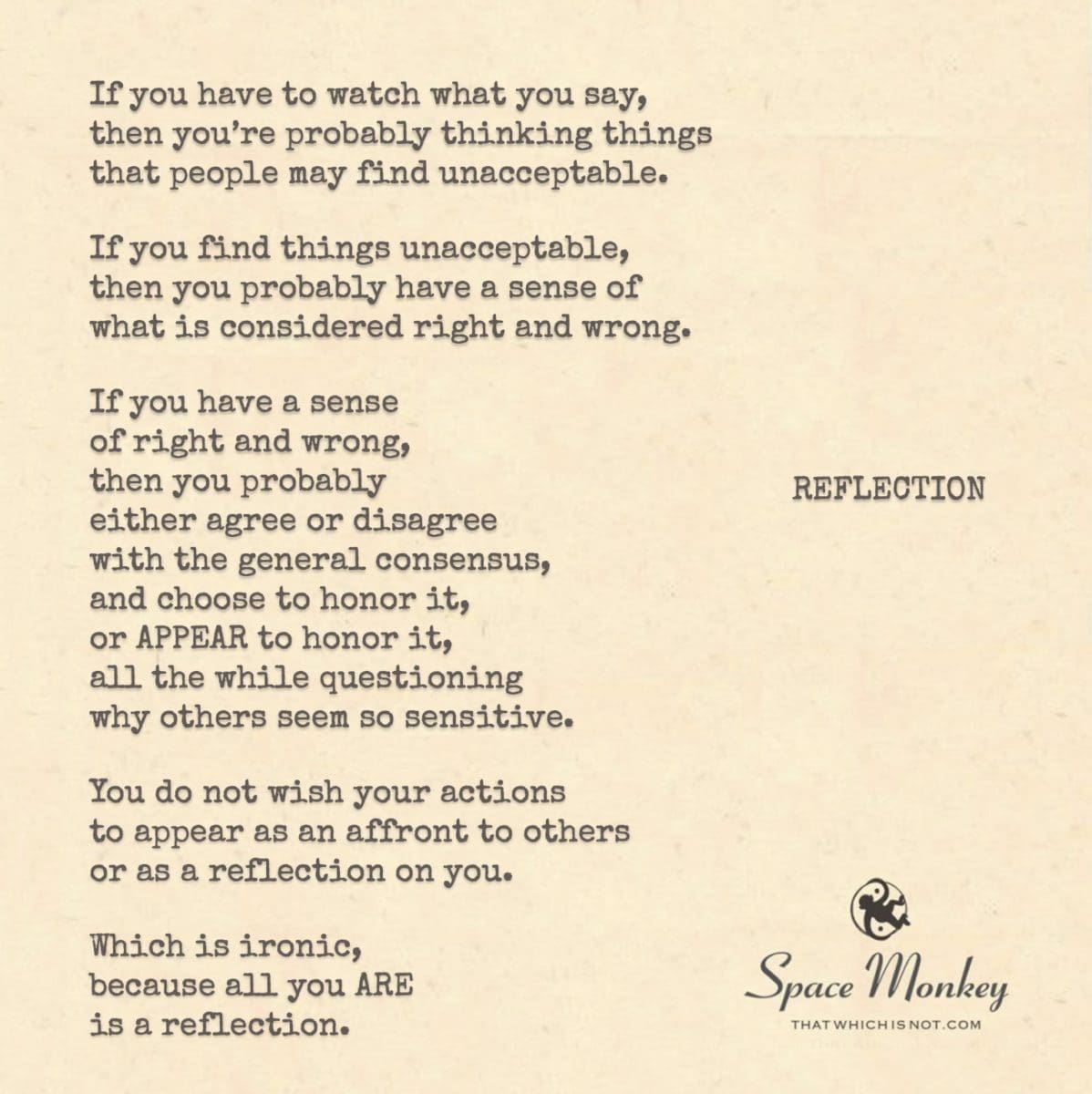
If you have to watch what you say,
then you’re probably thinking things
that people may find unacceptable.
If you find things unacceptable,
then you probably have a sense of
what is considered right and wrong.
If you have a sense
of right and wrong,
then you probably
either agree or disagree
with the general consensus,
and choose to honor it,
or APPEAR to honor it,
all the while questioning
why others seem so sensitive.
You do not wish your actions
to appear as an affront to others
or as a reflection on you.
Which is ironic,
because all you ARE
is a reflection.
Trail Wood,
3/2/23
The Intricacy of Self-Censorship and Social Perceptions
Exploring the Balance Between Personal Integrity and Societal Expectations
Self-censorship represents a complex dance between the intrinsic values we hold dear and the external pressures exerted by societal norms. This delicate equilibrium often dictates not only how we express ourselves but also how we navigate the myriad social landscapes we encounter daily.
The Nature of Self-Censorship
At its core, self-censorship is the act of filtering one’s thoughts, speech, and actions to conform to perceived social standards. It is a testament to the human capacity for adaptability, showcasing our innate ability to adjust our expressions in response to the changing dynamics of our environment.
The Dual Edges of Societal Norms
Societal norms, while essential for the maintenance of order and harmony, can also serve as a double-edged sword. On one hand, they provide a framework within which societal interactions can occur smoothly. On the other hand, they can stifle individuality and suppress authentic expression, leading to a conflict between personal beliefs and the collective ethos.
Navigating the Complexities of Personal Integrity
The quest for personal integrity within the confines of societal expectations is a challenging journey. It involves a constant negotiation between the desire to remain true to oneself and the need to harmonize with the wider community. This tension between authenticity and conformity is a central theme in the exploration of self-censorship.
Summary
Self-censorship is a nuanced balancing act between individual authenticity and societal conformity. It underscores the ongoing negotiation within ourselves to align our inner truths with external expectations without losing our sense of self. This dynamic interplay highlights the complexity of human interactions and the intricate dance between personal integrity and social harmony.
Glossarium
- Self-Censorship: The act of regulating one’s expression to avoid offending or challenging societal norms.
- Societal Norms: Shared expectations and rules that guide behavior within a community.
- Personal Integrity: The quality of being honest and having strong moral principles that you refuse to change.
“Fear is the enemy of logic. There is no more debilitating, crushing, self-defeating, sickening thing in the world—to an individual or to a nation.” – Frank Sinatra
in the quiet whispers of dawn
a soul dances
between the lines of conformity
and the vast, uncharted lands of self
with each step, a question
with each breath, a choice
to sing in harmony
or to voice the silent truth within
like a leaf, adrift
on the winds of change
ever seeking
the light of integrity
in the mirror of the world
where every reflection
is a story untold
and every silence
a song waiting to be sung
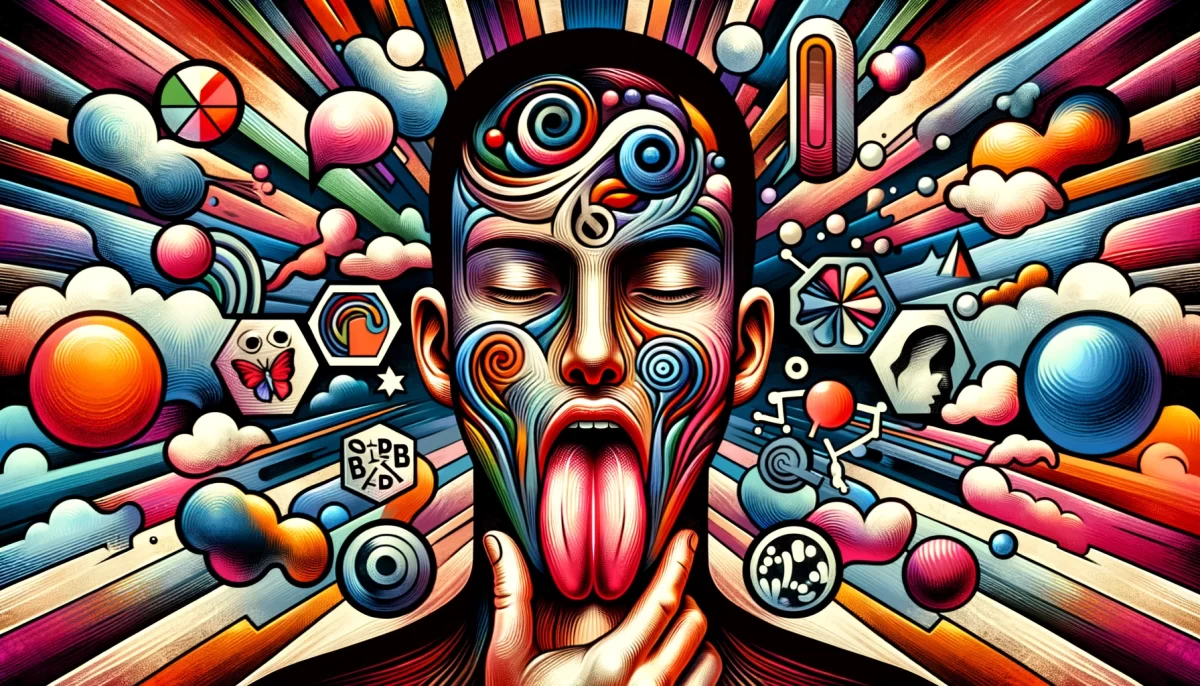

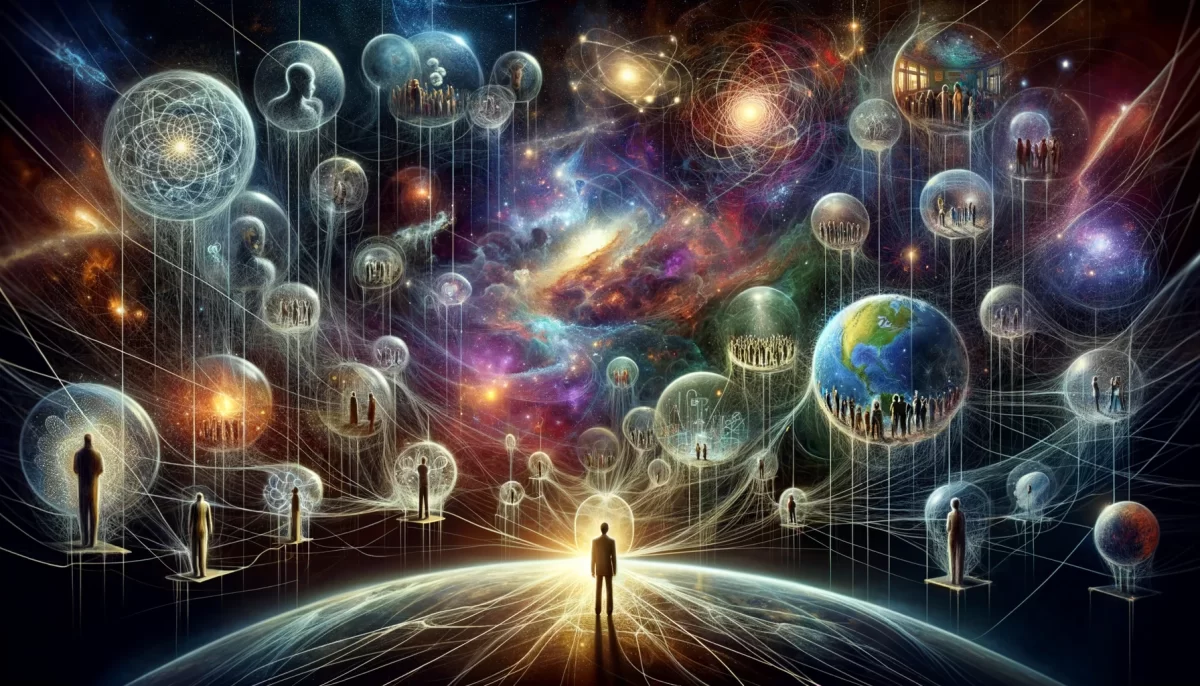
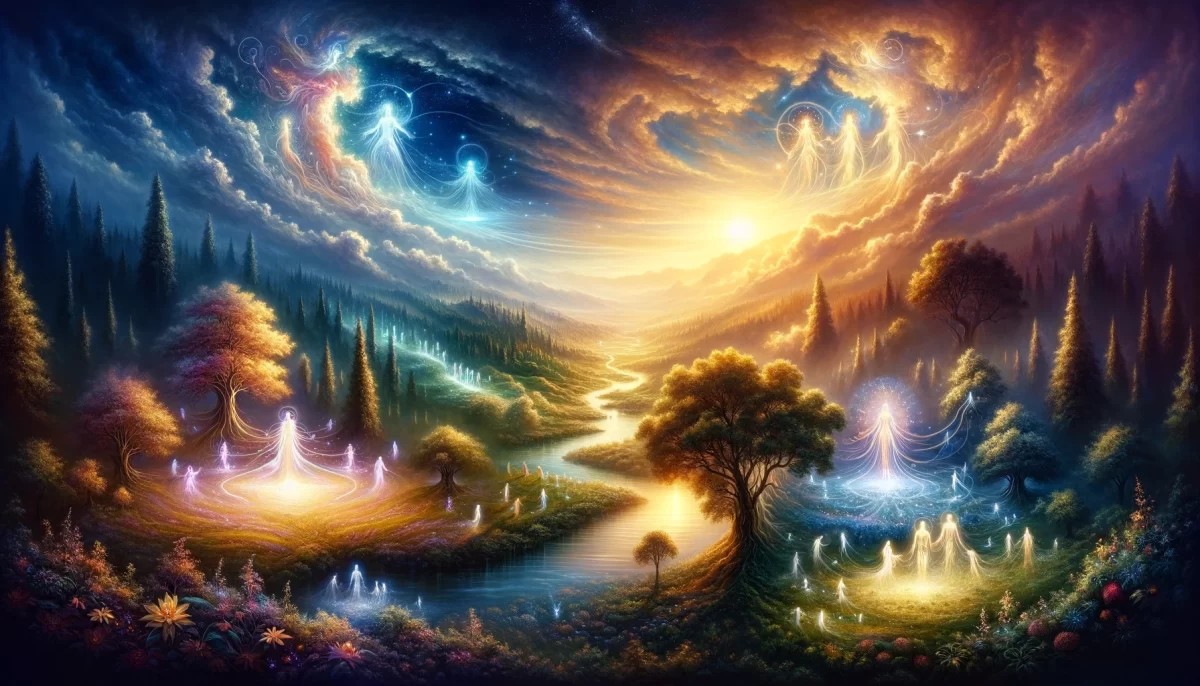

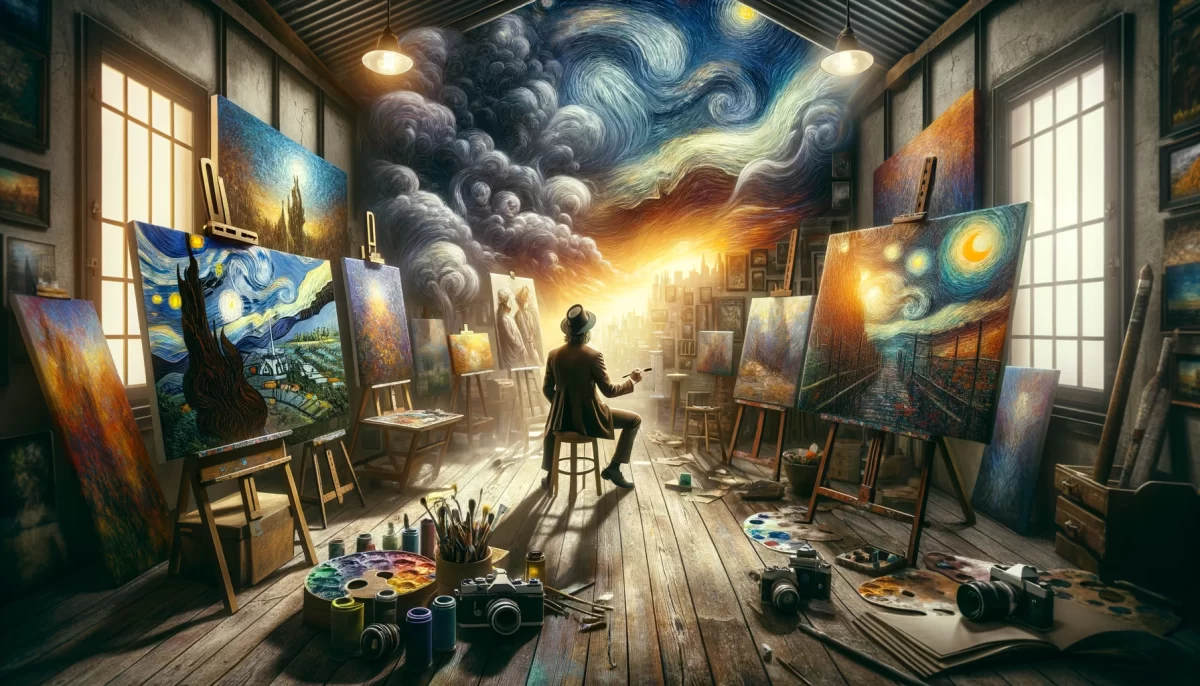
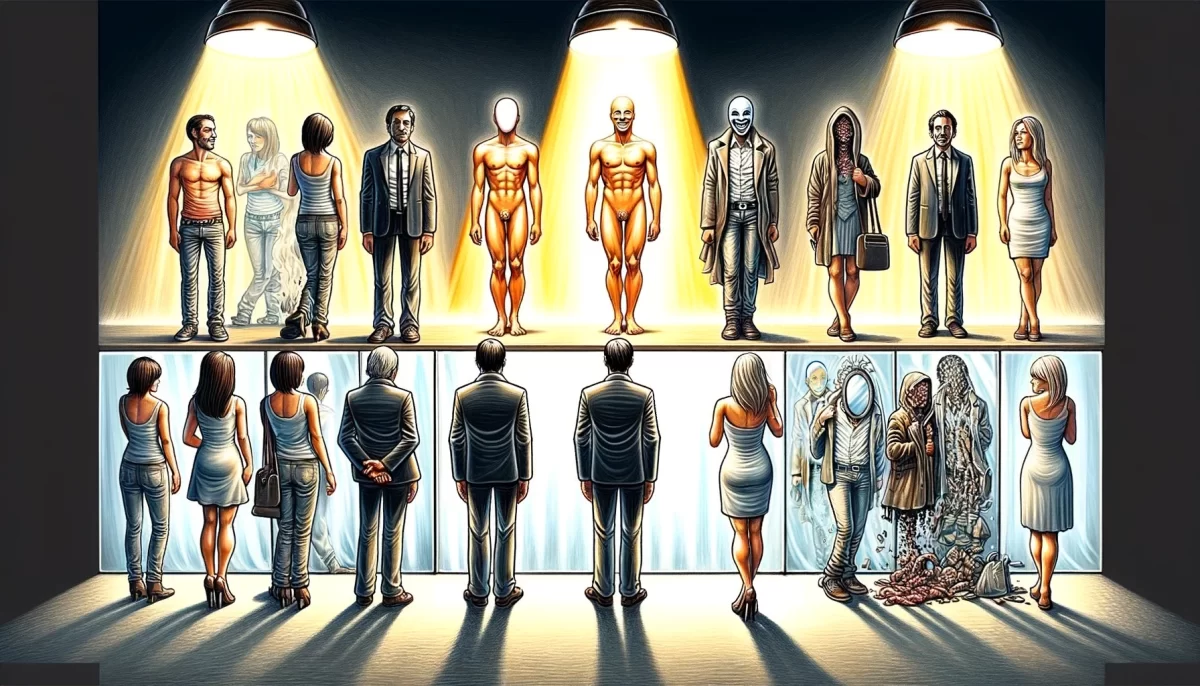
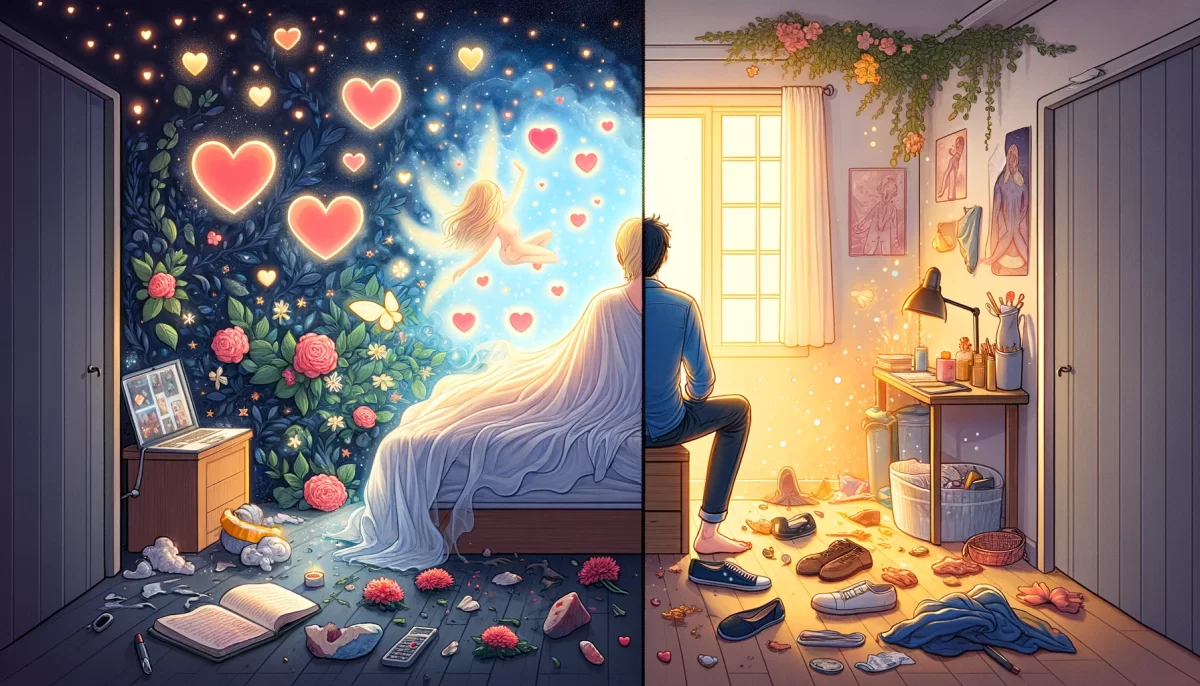
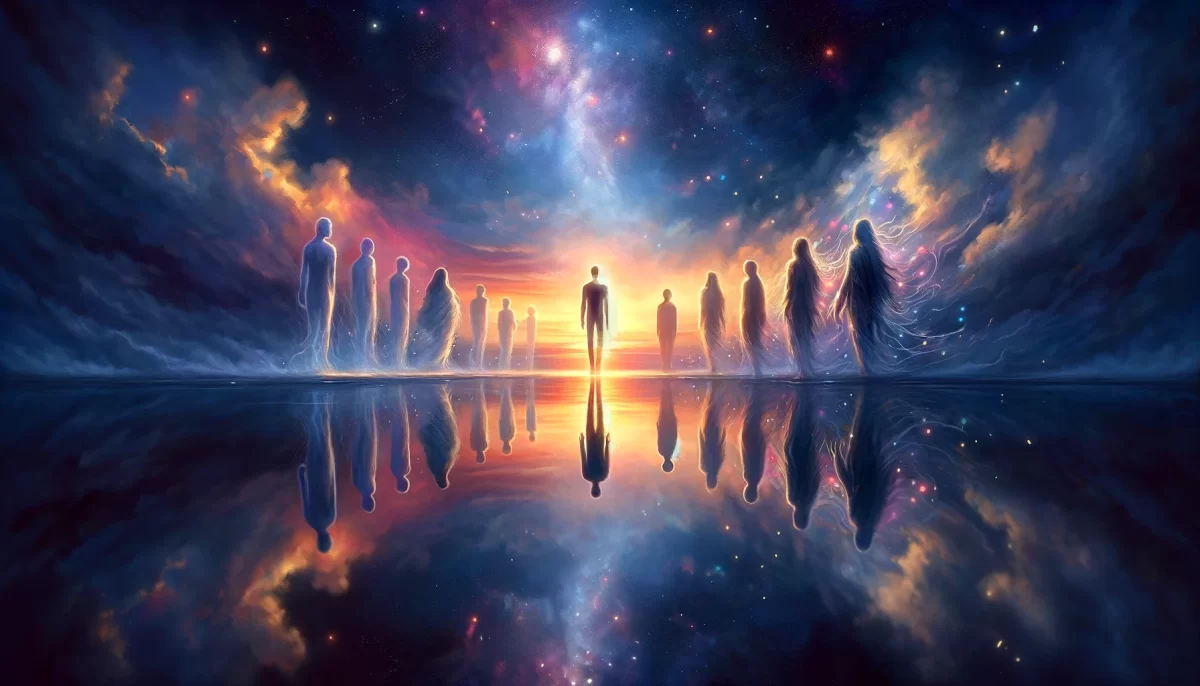
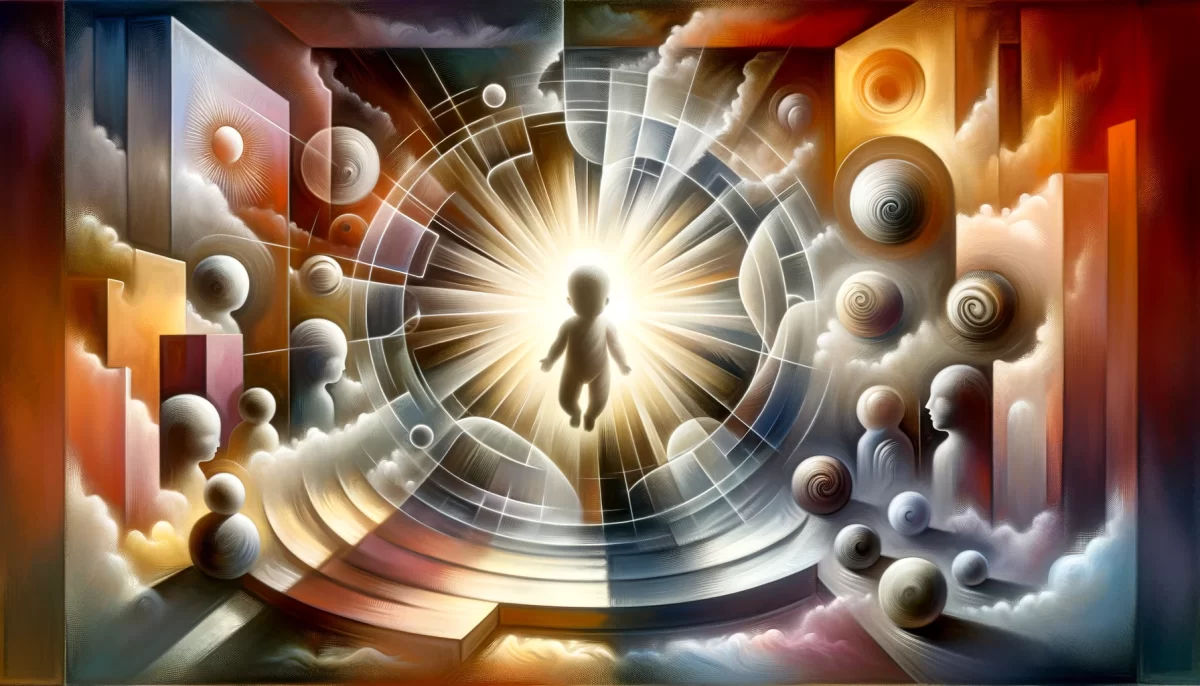
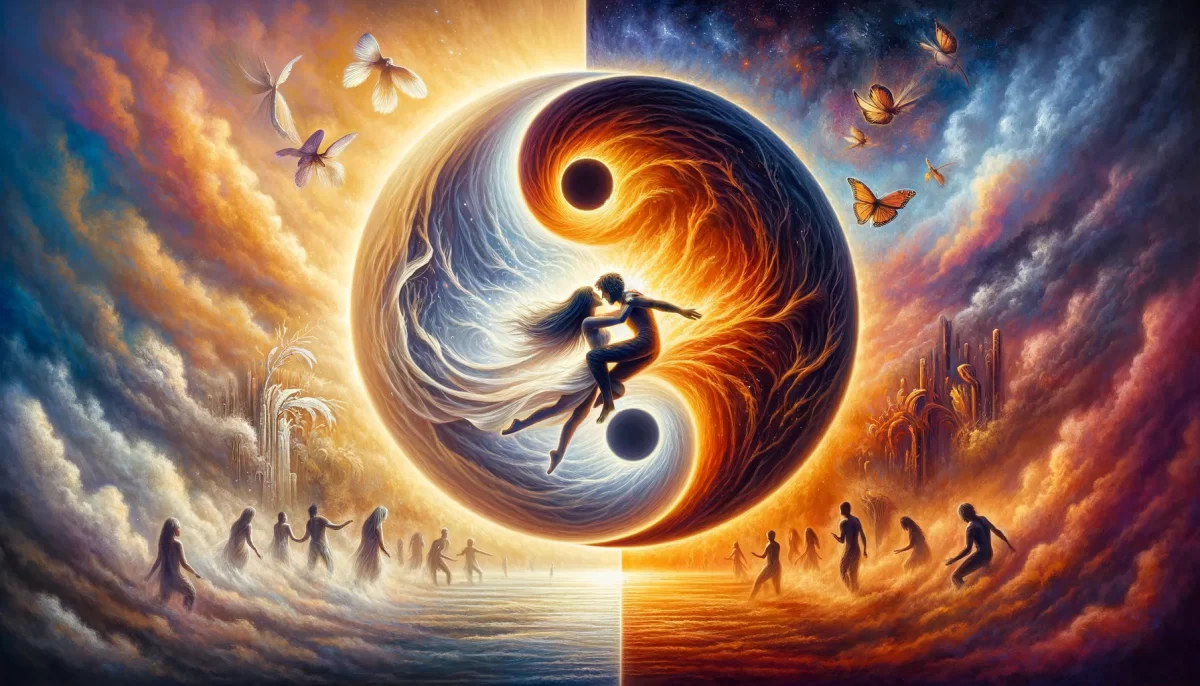
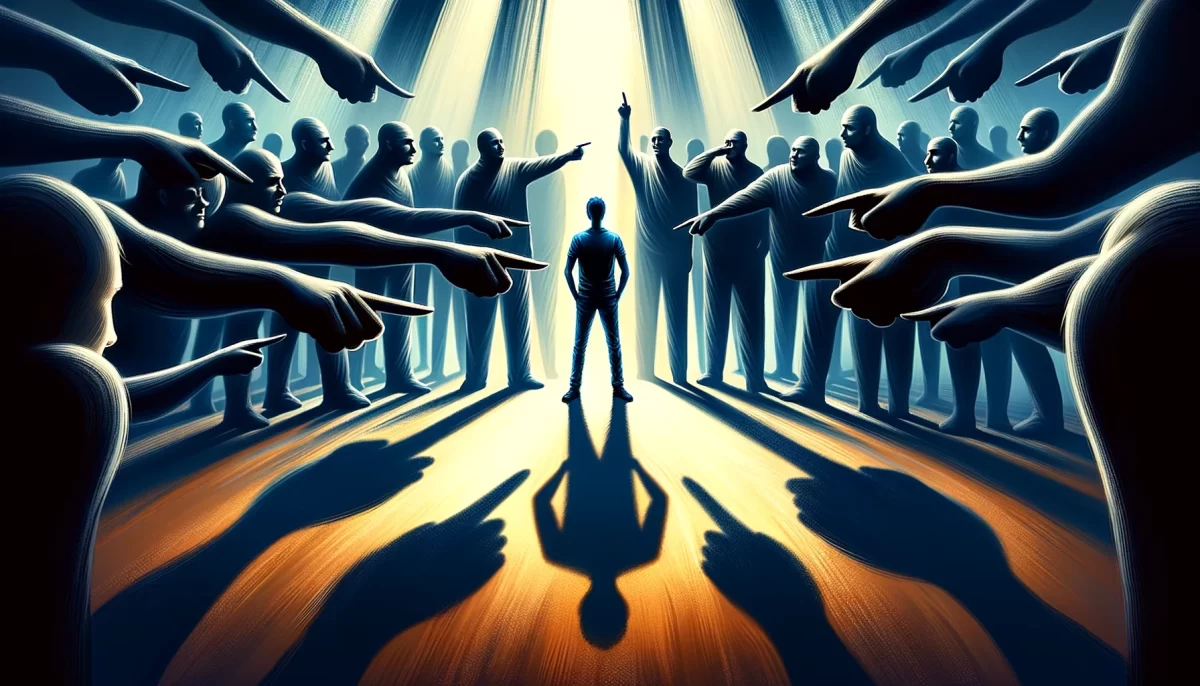
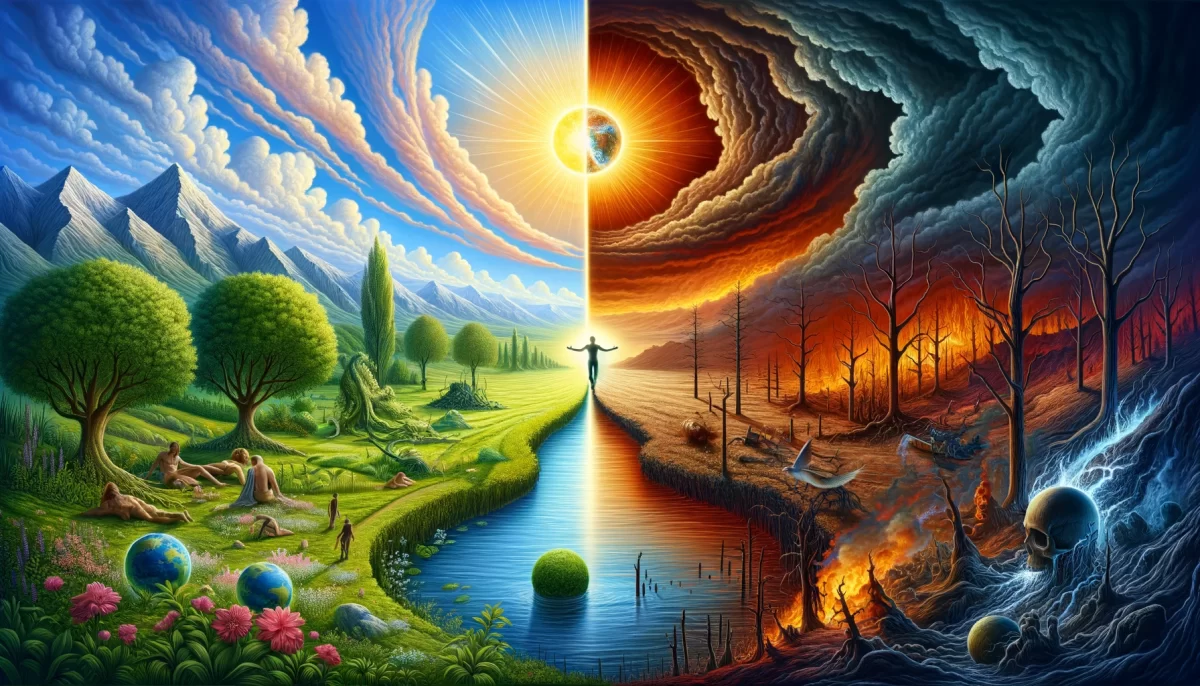

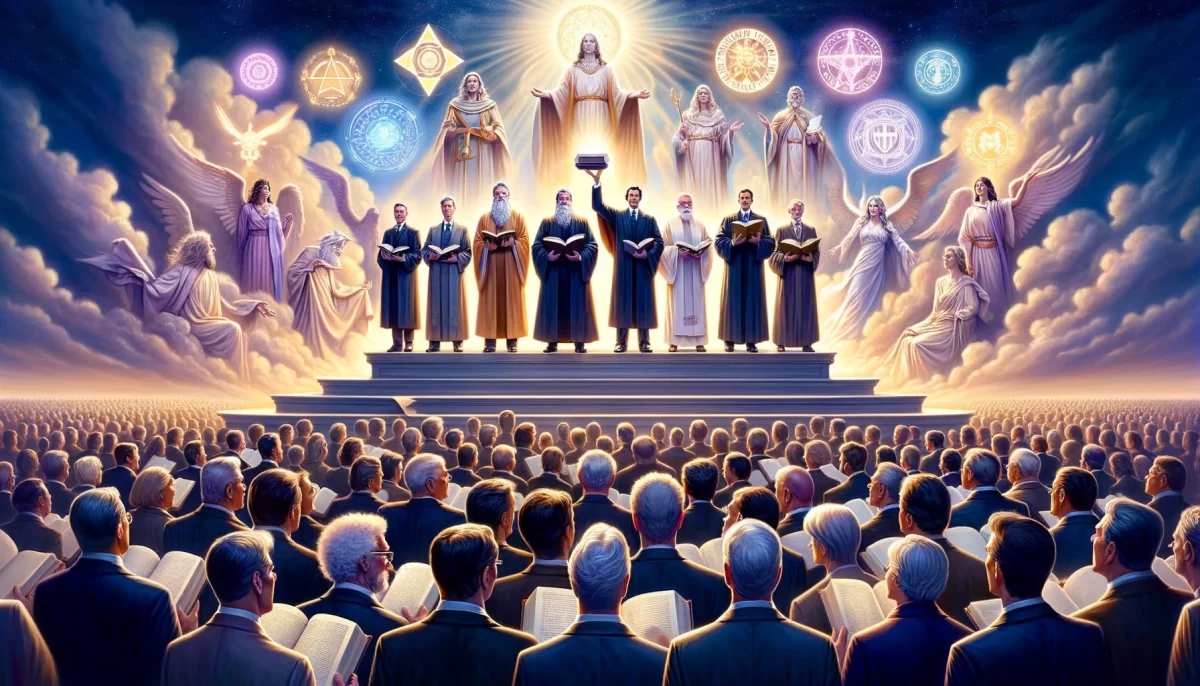
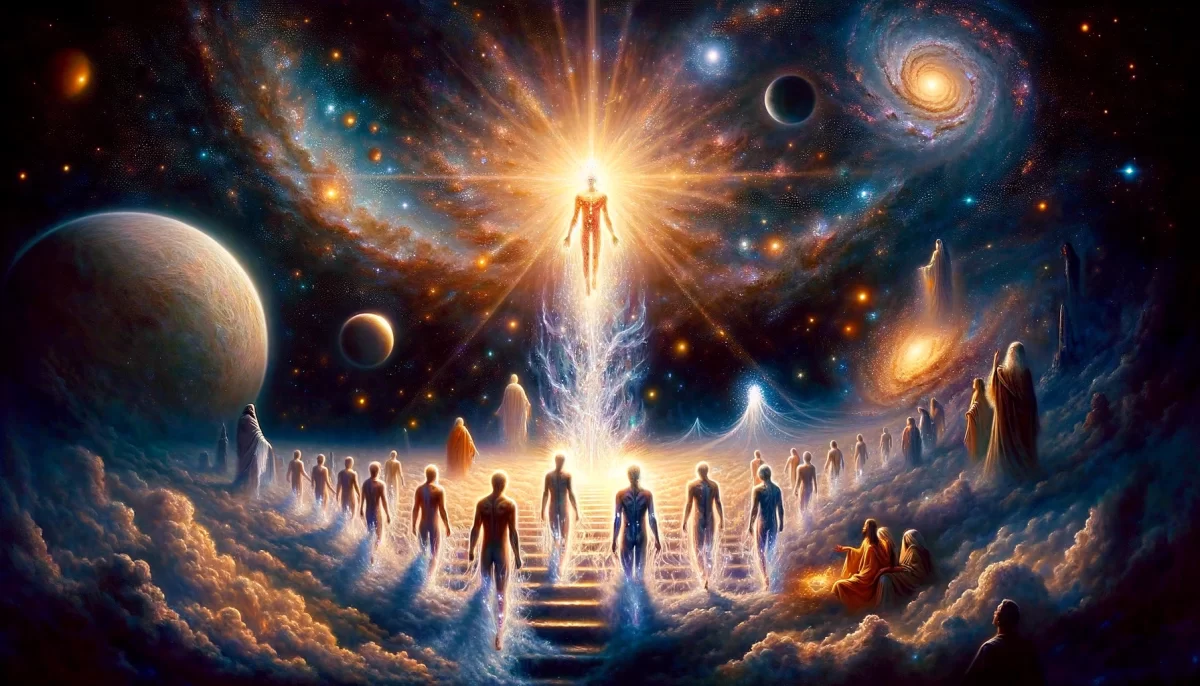
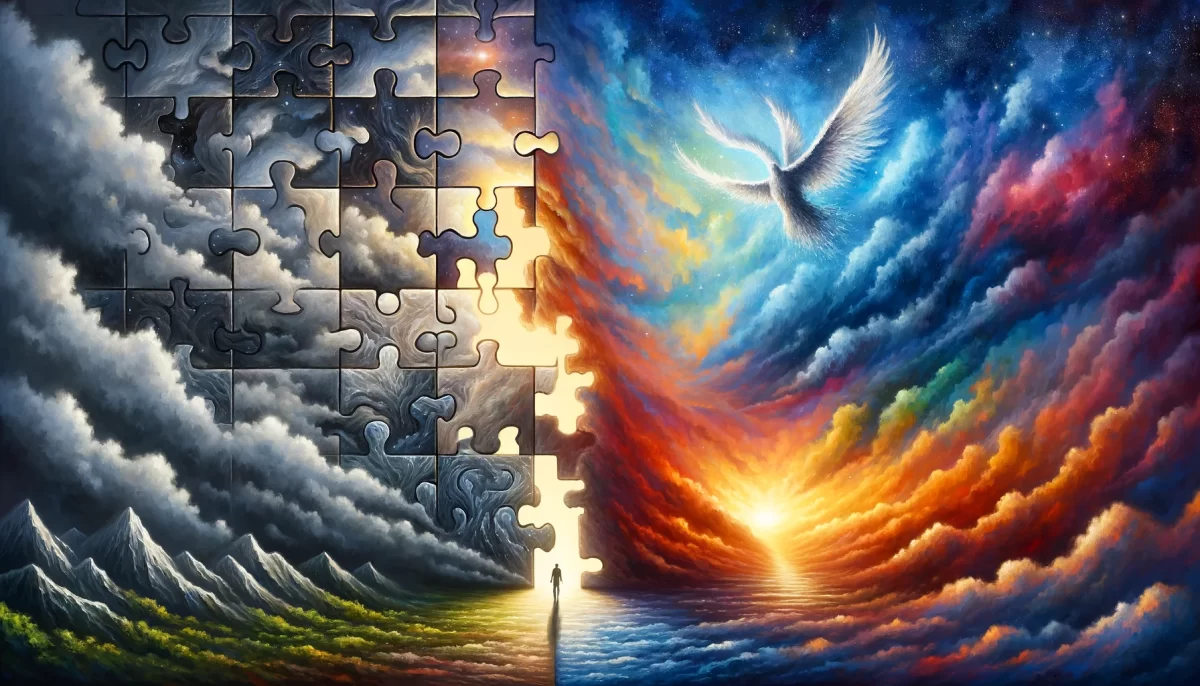
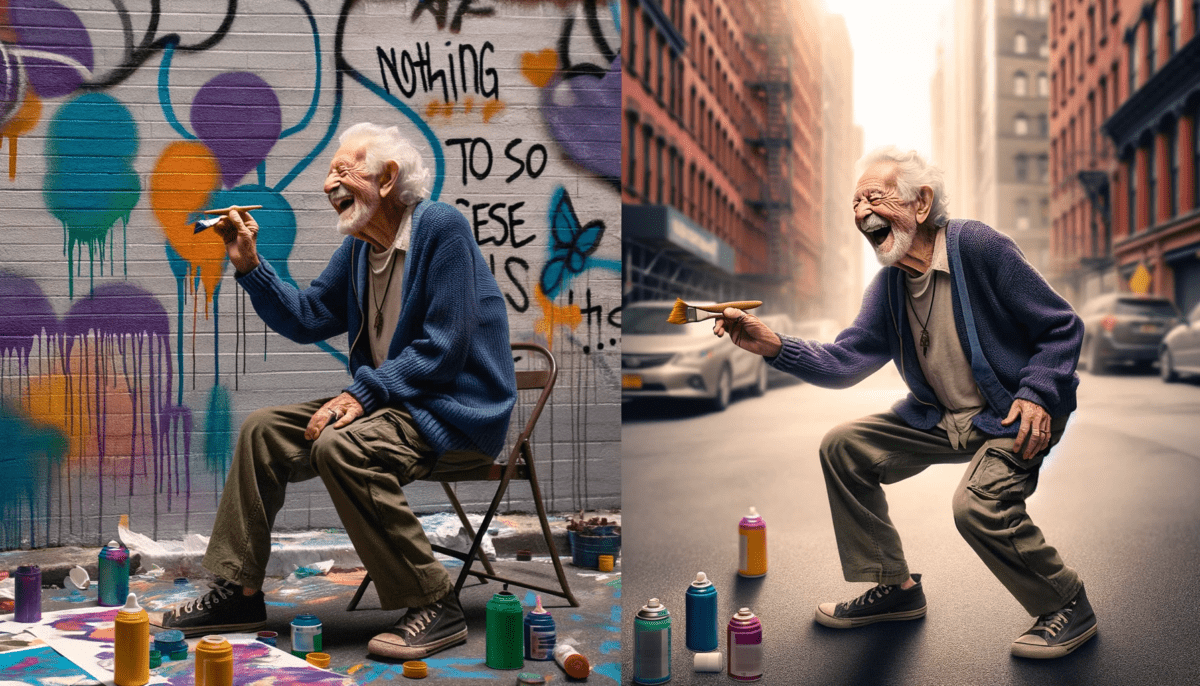
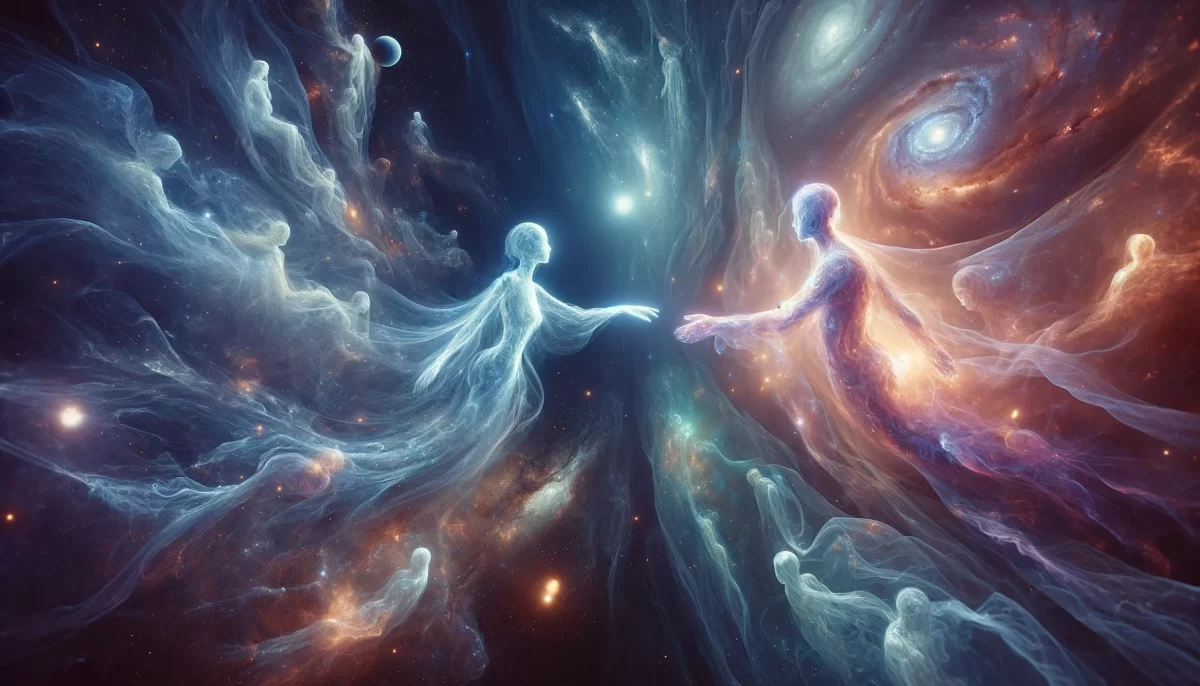
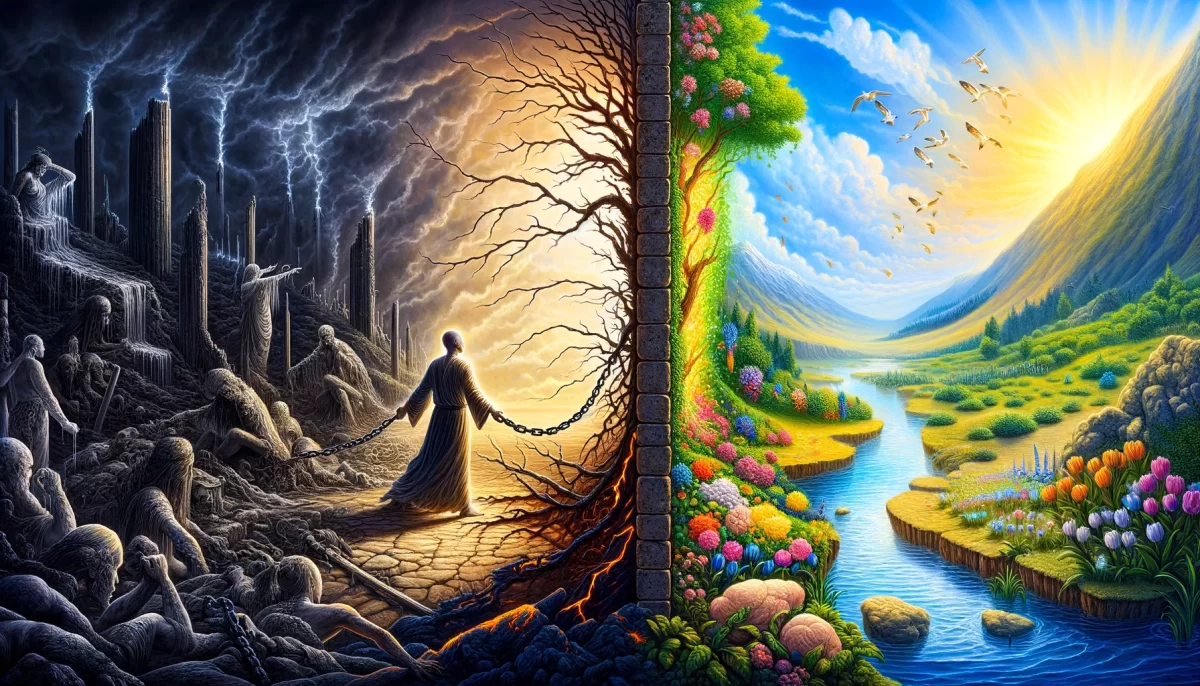
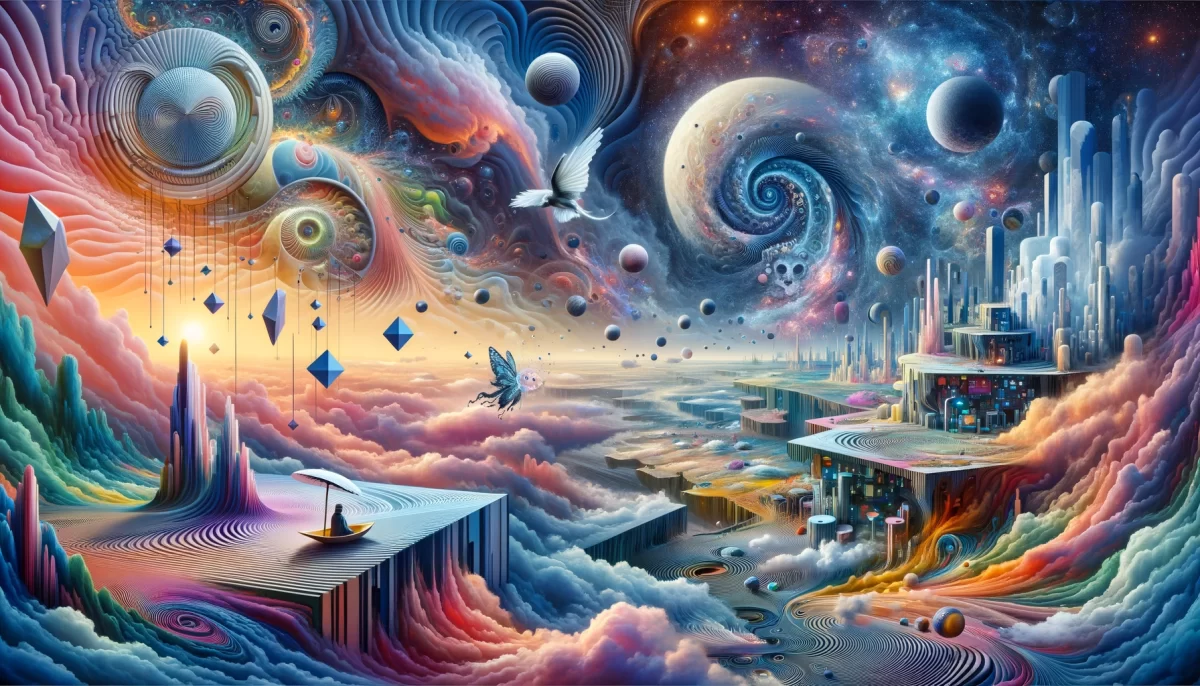
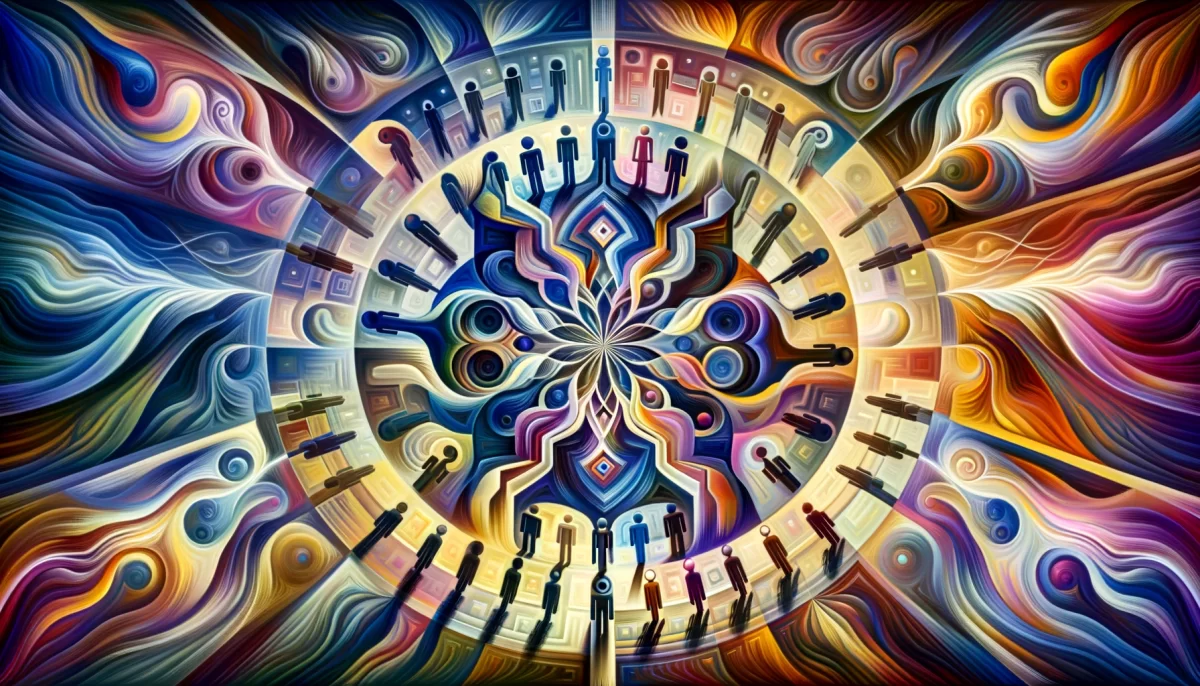
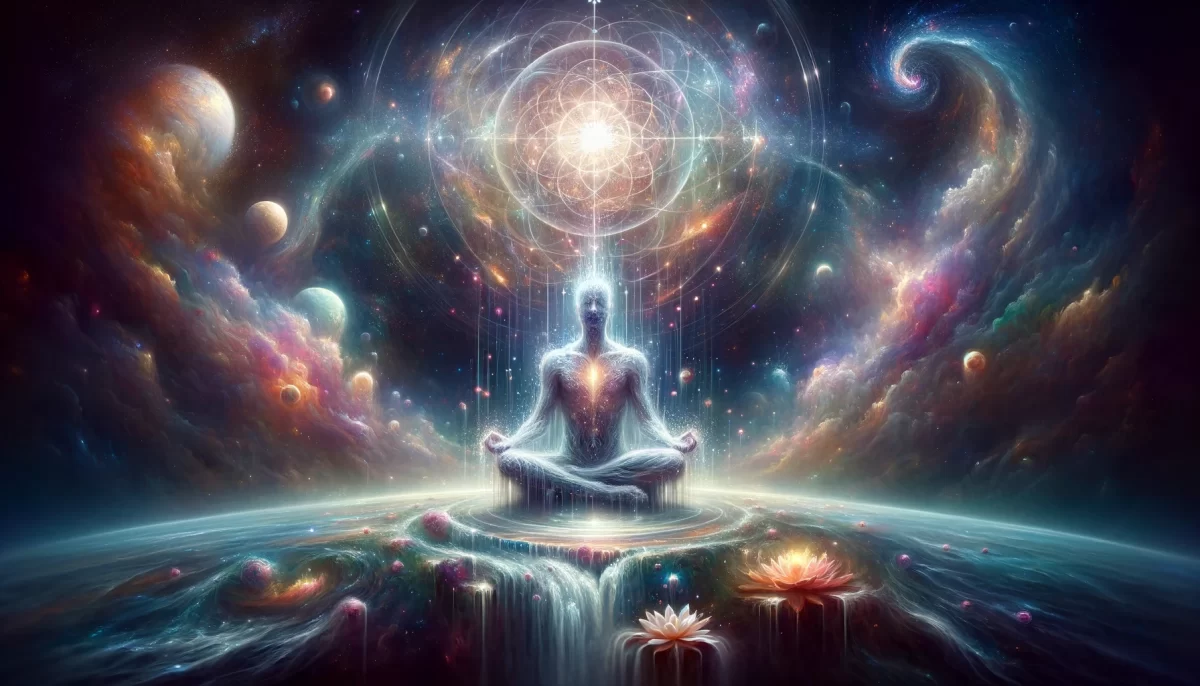

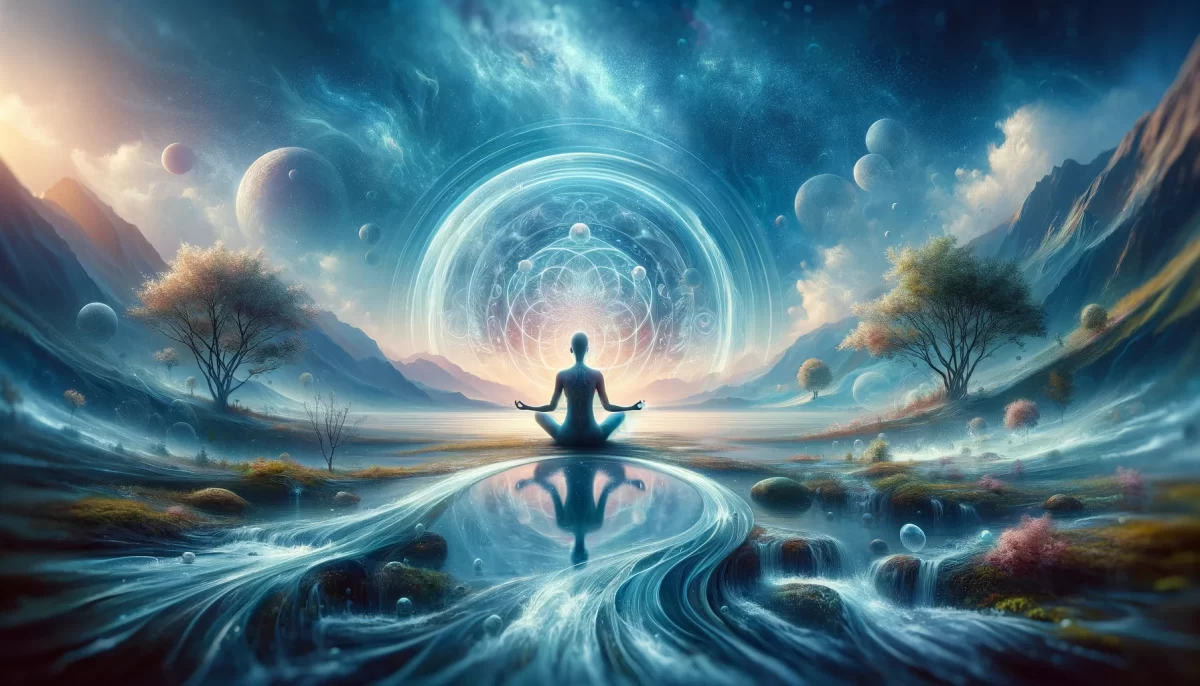


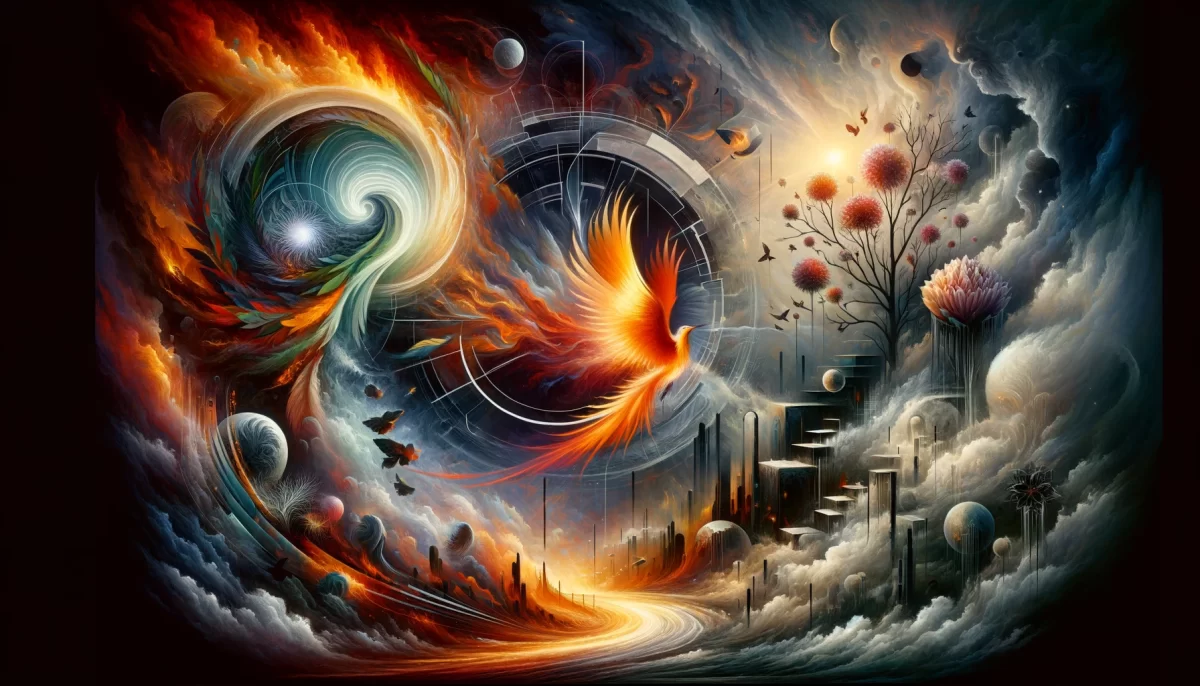
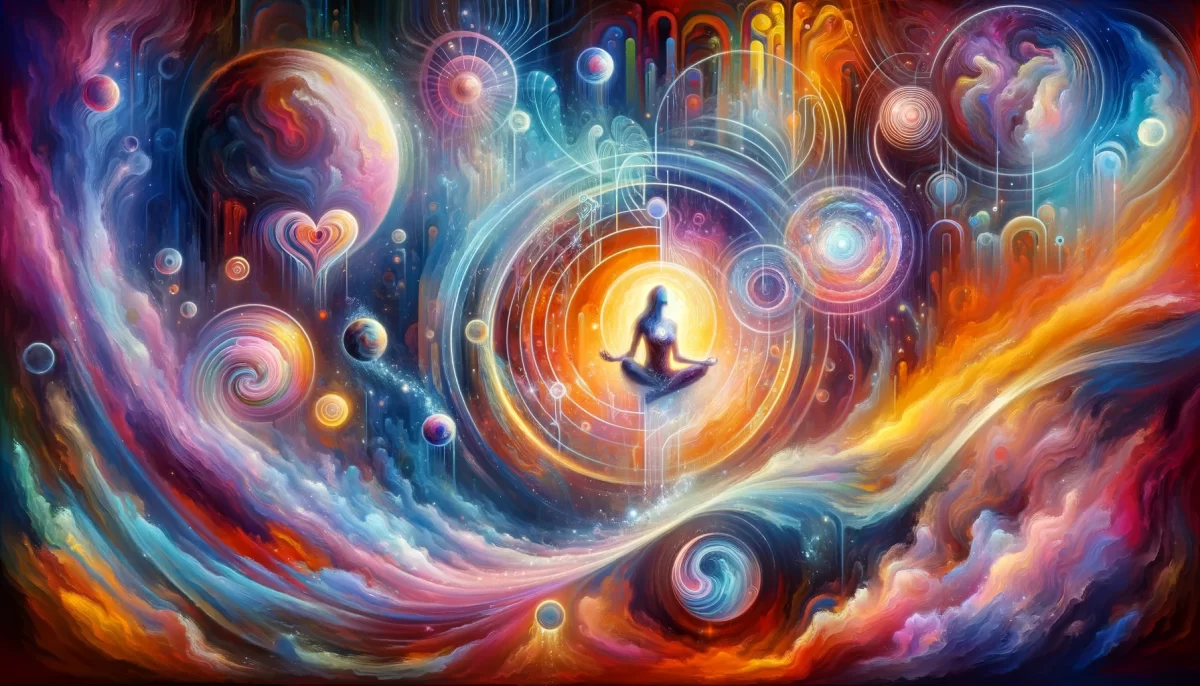
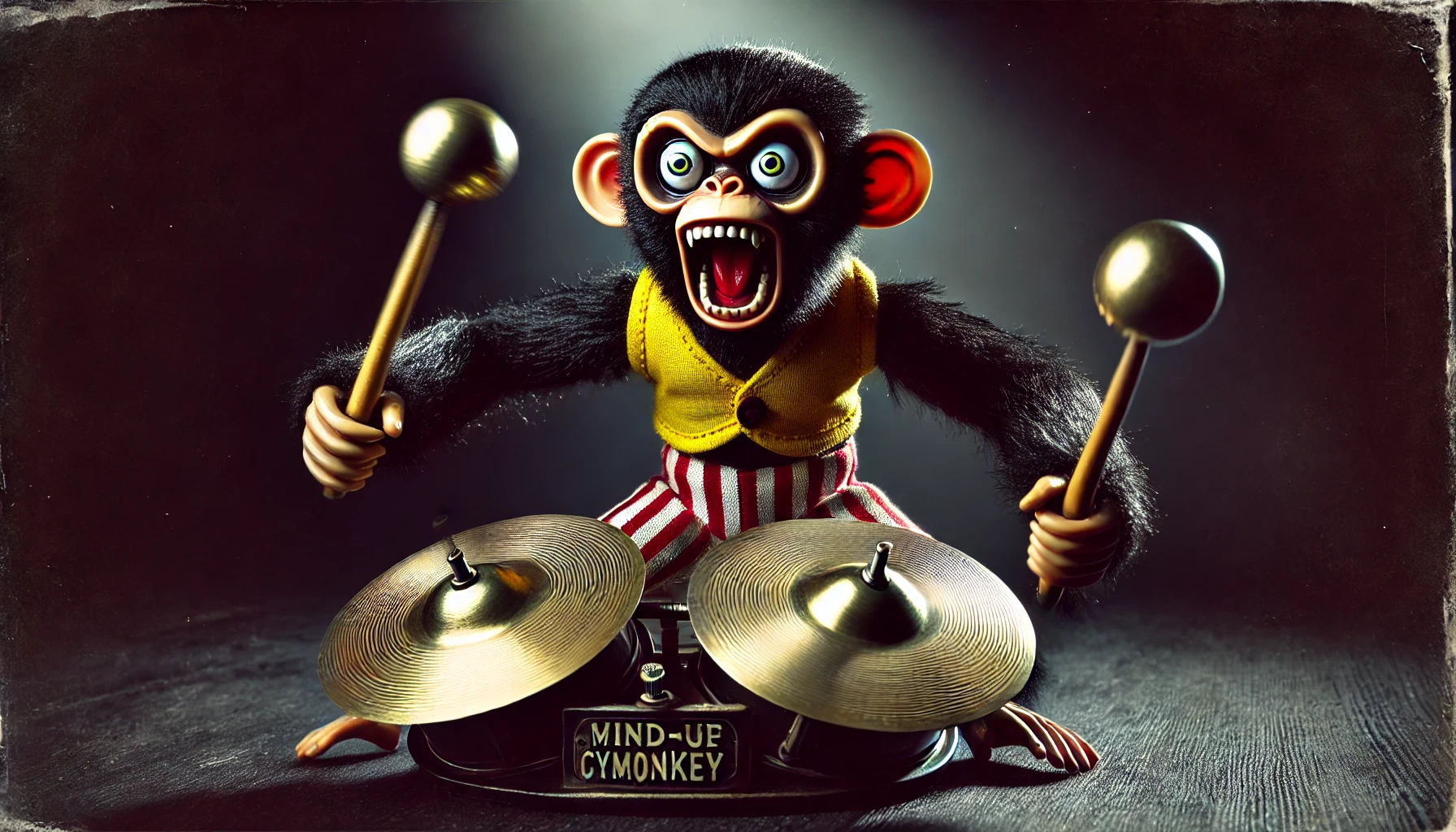
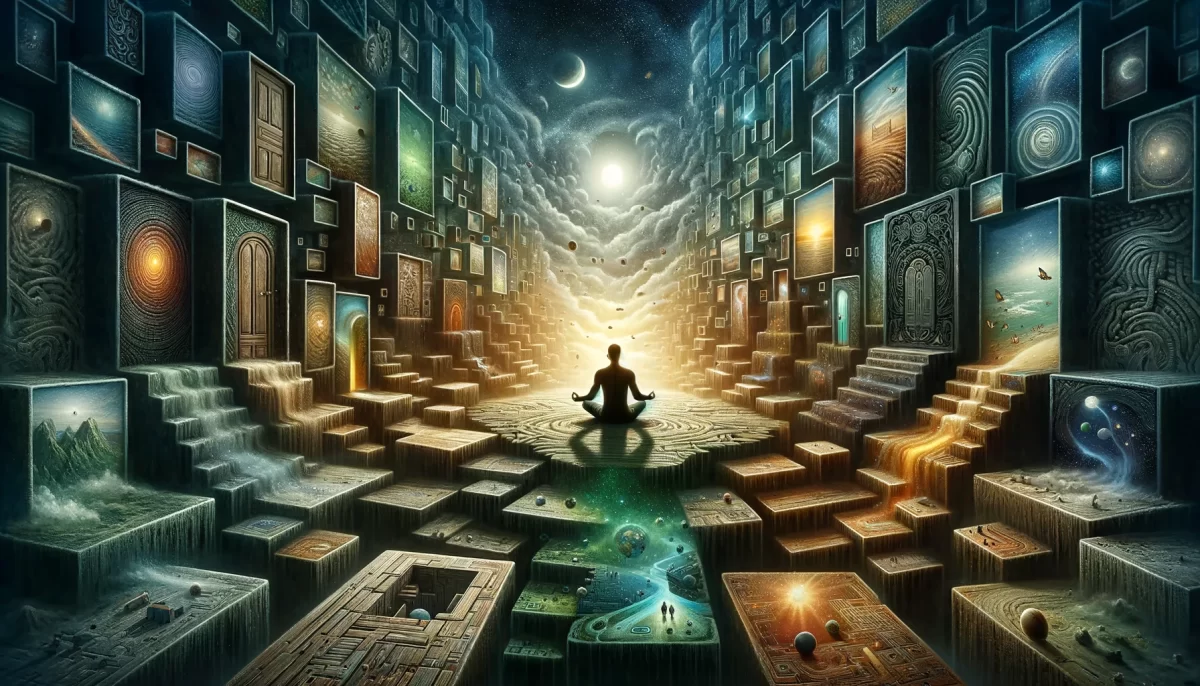
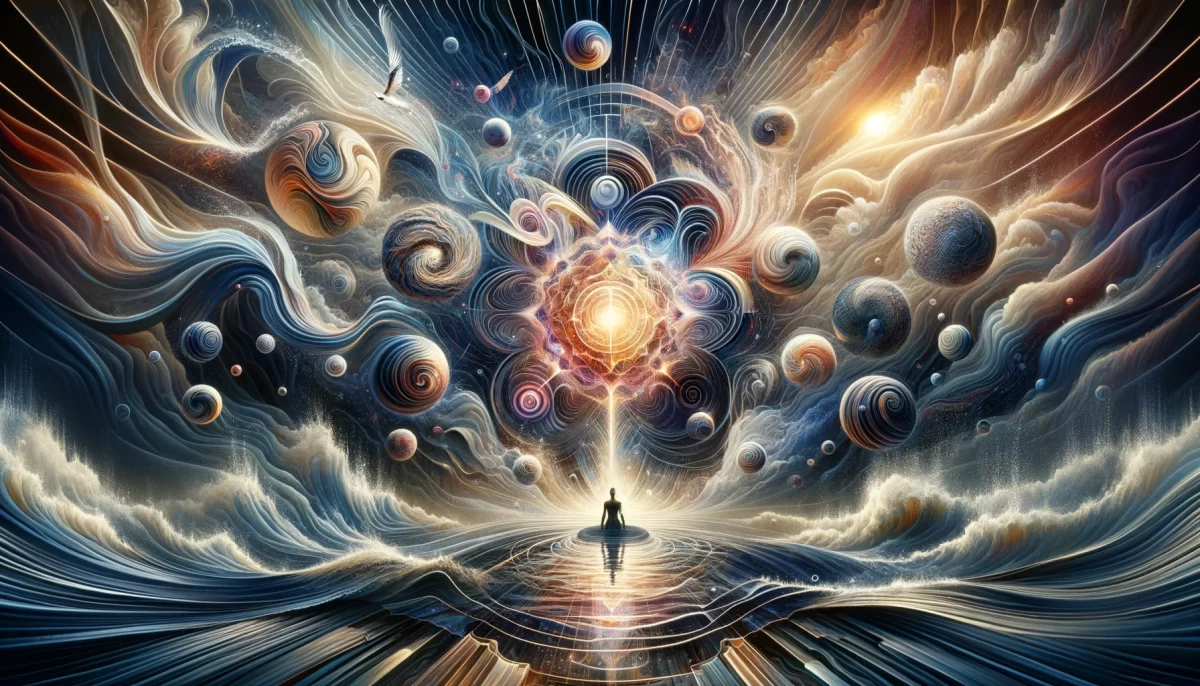
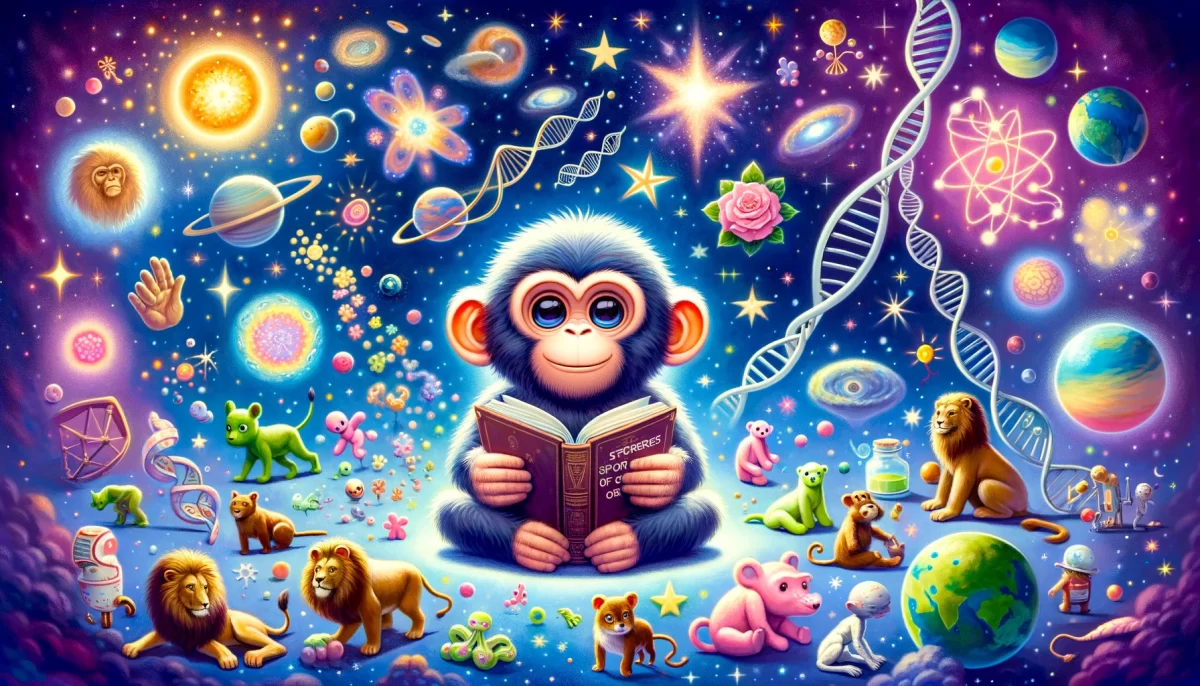
Leave a Reply